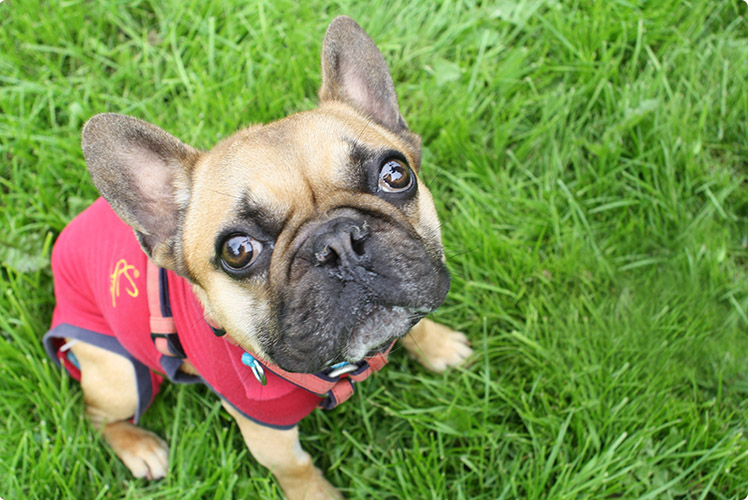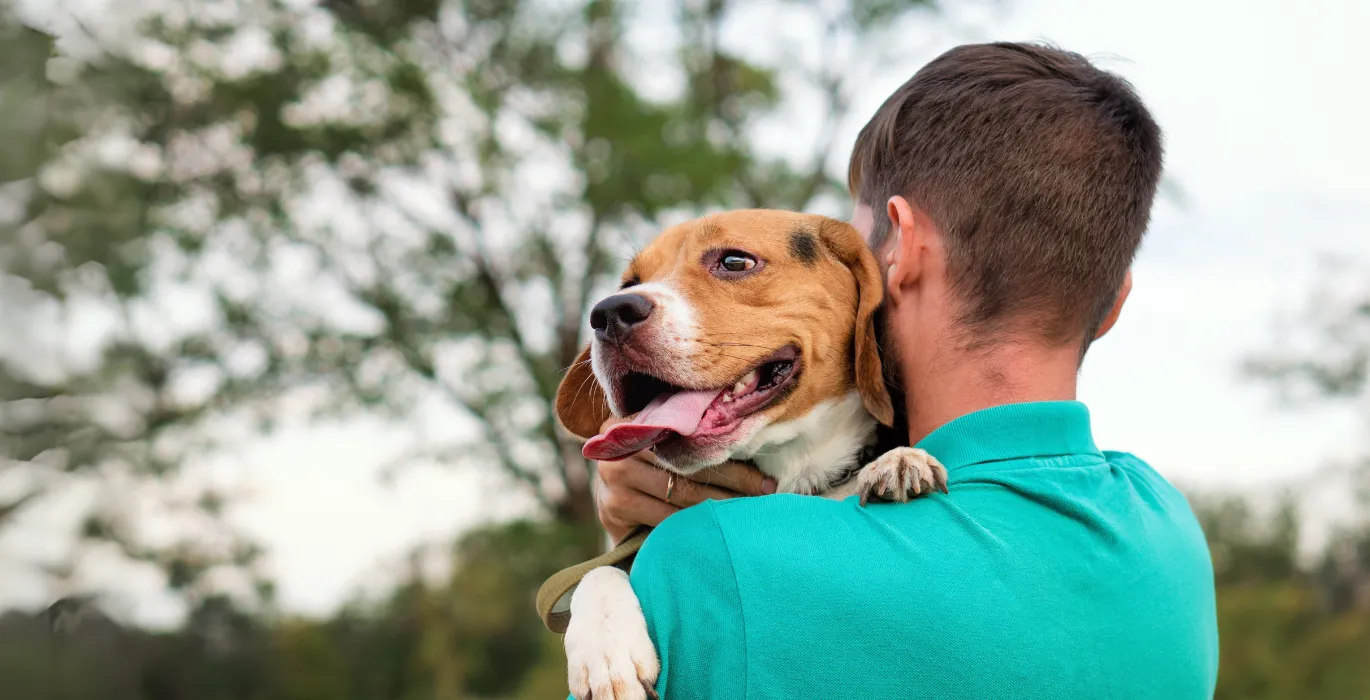You can buy a dog or cat from home or professional breeders, or from rescues. All have benefits and pitfalls – here are some pointers to help you make the right choice for you, and your future pet.
Home breeders
The most common way to obtain a pet. People breed pets at home for profit, or because of a genuine mishap. Pets used to be advertised in local newspaper classified ads, but are now advertised online, such as through Facebook pages and groups.
- Benefits. An instant pet.
- Beware. Home breeders are difficult to regulate, so it's the riskiest choice - a house can even be a fake front to a puppy farm. Pet health may be compromised - for example, the mum may overbred, and her puppies or kittens in poor health. Health and breed certificates have been known to have been falsified. As it's difficult to see the breed at a young age, you may get a surprise as they grow up. Puppy farms illegally breed dogs in horrendous conditions, or some are illegally imported into the country. You can't return your pet if it doesn't work out, so we often see the worst side of this at rescue centres.
- Checks. Google the phone number and picture from the ad, and you should be able to tell if it's genuine and unique. Meet at their house - never at your own home or in a car park. Ask to see the mum, and ask to come back if they say she's sleeping/at the vets/on a walk. Is the mum friendly, is she content with the owners being near her and the puppies or kittens? If there is pressure to buy immediately, rather than to reserve or come back again, then walk away. If you're concerned, please report to RSPCA or your local Dog Warden.
Professional breeders
If you're after a certain breed, this is good choice as membership to a professional program means the breeder has promised to maintain the health and welfare of their animals. Professional dog breeders are listed in Kennel Club; for cats, see The Governing Council of the Cat Fancy. There are often waiting lists, and you'll be asked to visit a few times before taking them home.
- Benefits. You can get the breed you want. Health checks are often included, and you can see the mum. Most breeders will be happy to keep in contact for advice, and most will accept returns if it doesn't work out.
- Beware A desire for form over function still results in sickly animals in some breeds, particularly in bracycephalic (short-nosed) breeds such as pugs, bulldogs, and persian cats. Also be wary of german shepherd hips and rhodesian ridgeback spine health.
» Read more about brachycephalic breeds - Checks. Read about your chosen breed and their characteristics on trusted websites, such as The Kennel Club for dogs and The Governing Council of the Cat Fancy for cats. Get recommendations, and talk with the breeder to make a good connection. If they ask about your family and what you're looking for in a pet, that's a good sign that they're genuinely looking to match you well.
 A cautionary tale to learn about the pet you're bringing home: Alfie the french bulldog had many health problems due to poor breeding, resulting in thousands of pounds of treatment costs. French bulldogs often suffer from health problems because of poor breeding
A cautionary tale to learn about the pet you're bringing home: Alfie the french bulldog had many health problems due to poor breeding, resulting in thousands of pounds of treatment costs. French bulldogs often suffer from health problems because of poor breeding
Breed-specific rescue groups
If you want a certain breed but aren't keen on buying from a breeder, there are many breed-specific rescue groups. You can find a list on the Kennel Club website or through a Google search.
- Benefits. Dedicated knowledge of that breed's traits and issues.
- Beware. Though many are run by well-meaning people with a passion, welfare and service standards vary wildly.
- Checks. Look for a Registered Charity Number, which is often displayed at the bottom of the website. Read through their rules carefully.
Adoption centres
There are the big names of RSPCA (which includes us!), Dogs Trust, and Cats Protection along with many independent rescue centres. It will take a bit of time to find the right match for you - it will help if you consider behaviour and character over breed and colour to widen your choices. With an astonishing 1,864,000 dogs and cats entering rescue centres in the UK every year, you'll be doing a wonderful thing by adopting.
- Benefits. Health checks, neutering and in some cases (like us!) behaviour assessments as well. You can return the pet if it doesn't work out. The centres are monitored for welfare conditions.
- Beware. A small number of independent centres have welfare issues if they haven't been regulated.
- Checks. Look for a Registered Charity Number, which is often displayed at the bottom of the website. Look for ADCH membership (the Association of Dogs and Cats Homes), and you can ask RSPCA branches about their regular site checks.
» Adopt a pet from Bath Cats & Dogs Home
Dogs from abroad
These organisations pick up stray dogs in other countries, most often Romania, and import them over to the UK. These dogs are either abandoned pets, or street dogs who have never lived in a house. Note that these organisations aren't registered charities.
- Benefits. With 110,000 stray and street dogs in the UK we feel there's enough work here to do, but we also understand the desire to do the best for every animal.
- Beware. Dogs are often brought straight from the plane to you, so there's no chance to see if you like each other. Dogs could have unknown health or behaviour issues, and many don't offer neutering as part of the service. Many will not take returns if it doesn't work out, meaning the dogs are passed onto rescue centres in the end.
- Checks. Ask if you can meet the dog in a foster home or at a shelter first, and if you can you return them if it doesn't work out. Ask for credentials to check they're a legitimate company, complying with DEFRA guidelines on importing animals. Those who do will be proud to show you their commitment.
